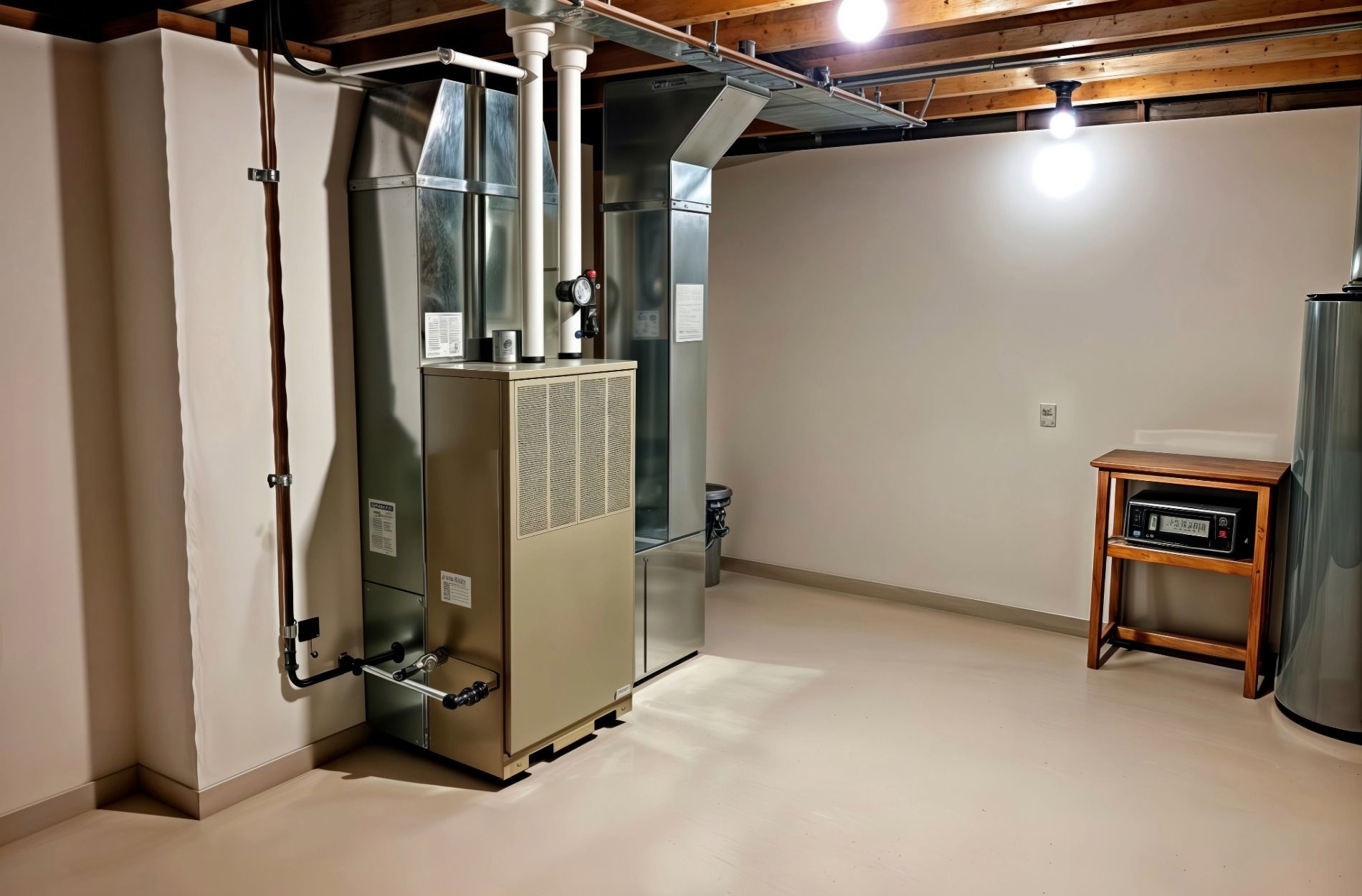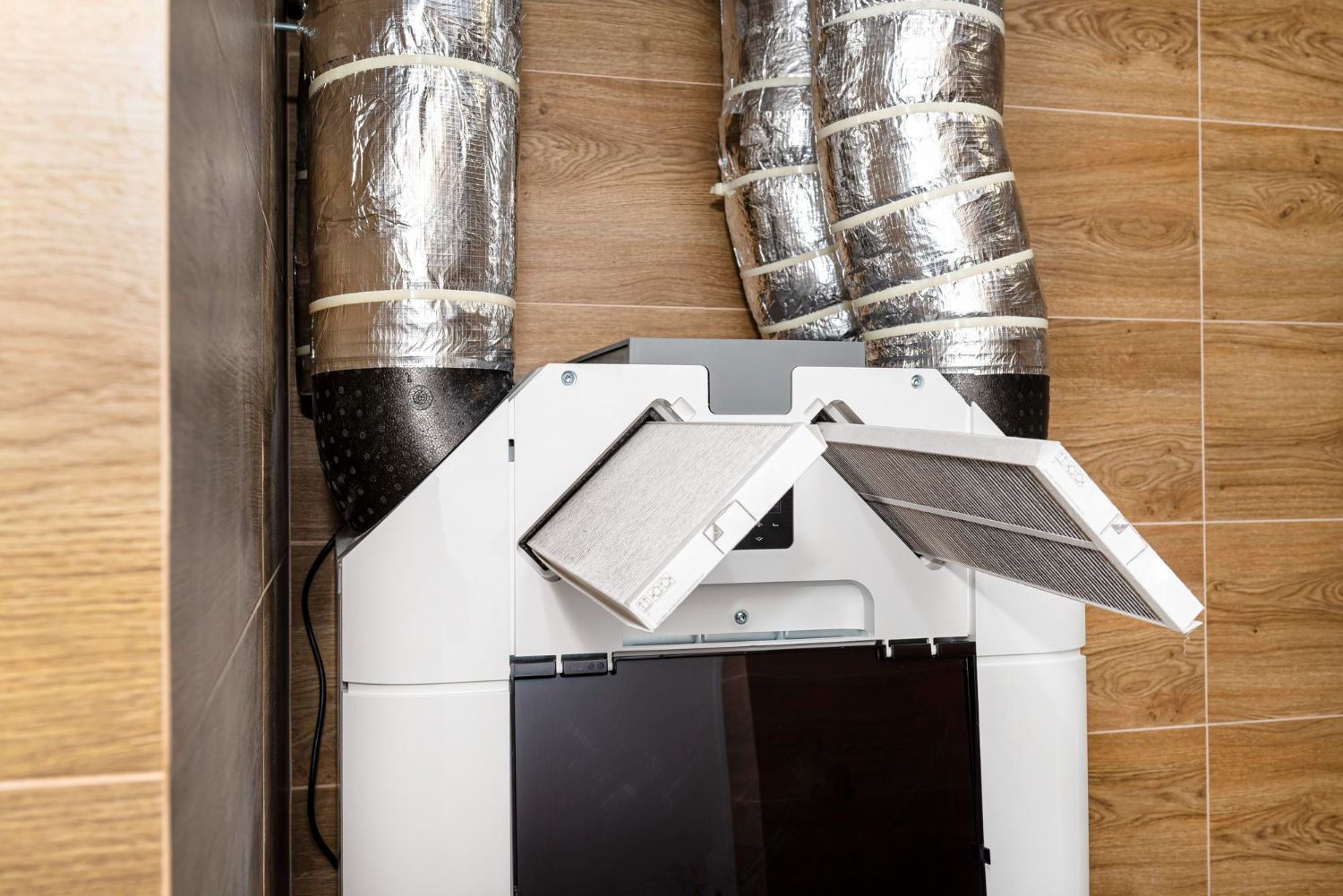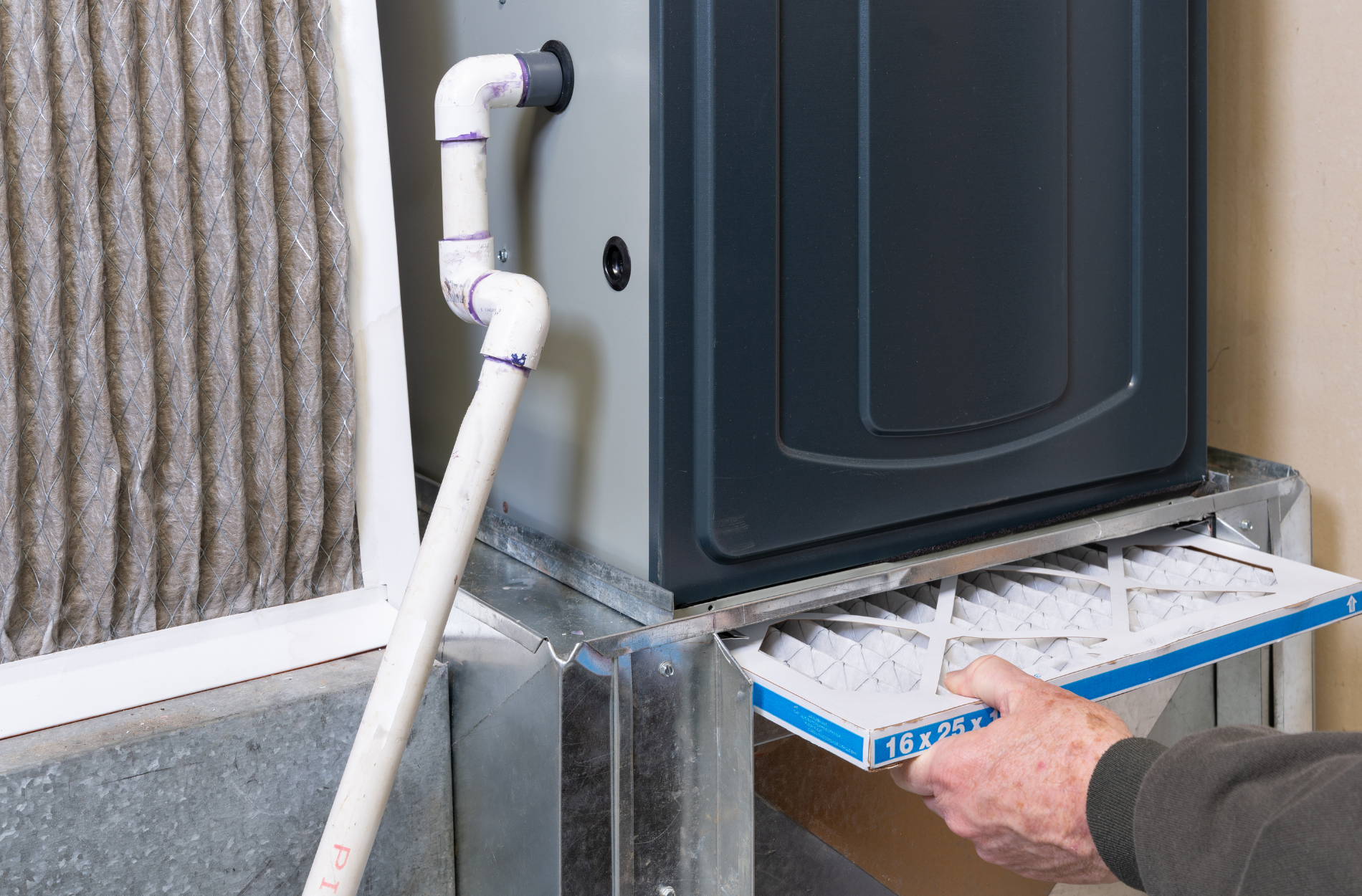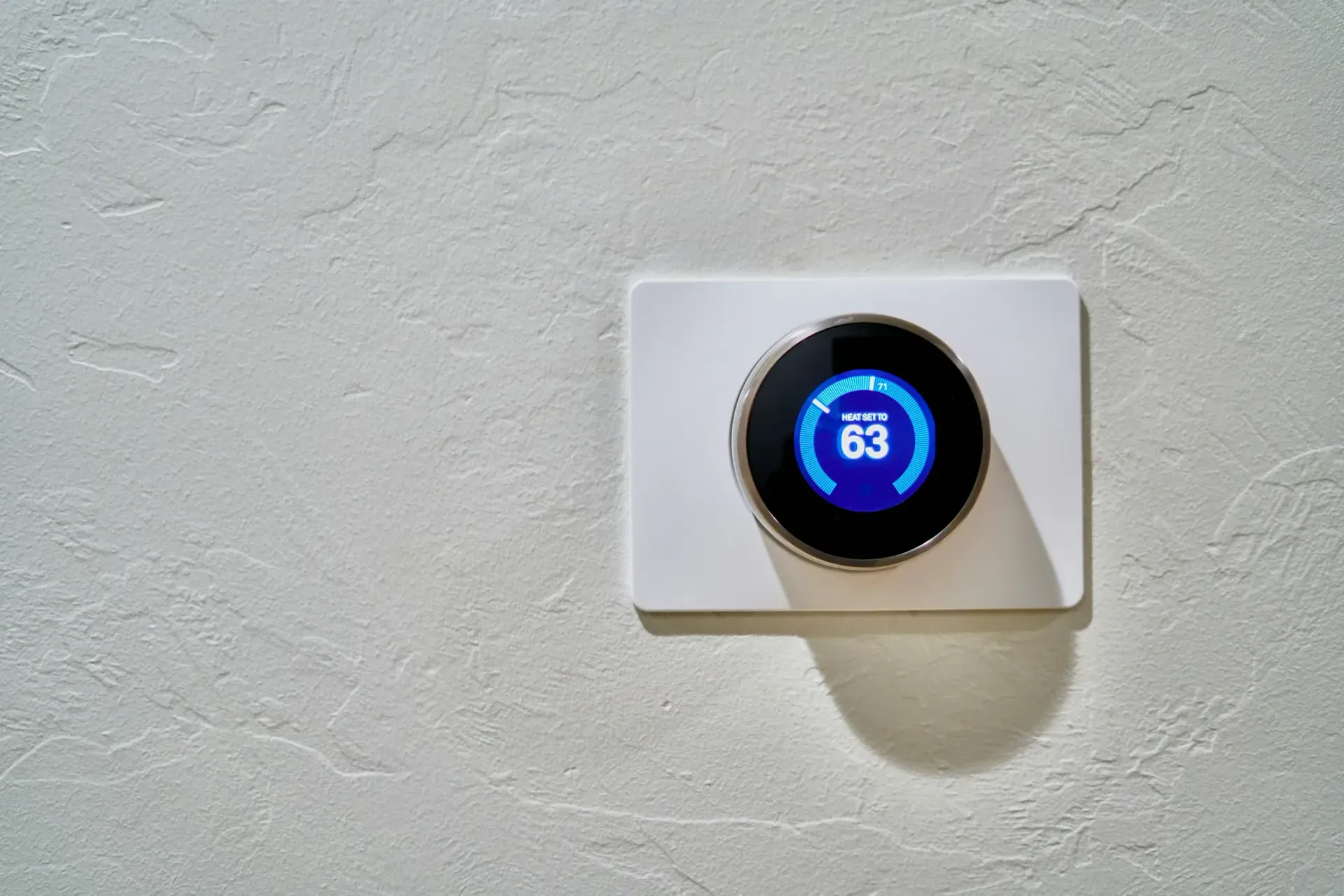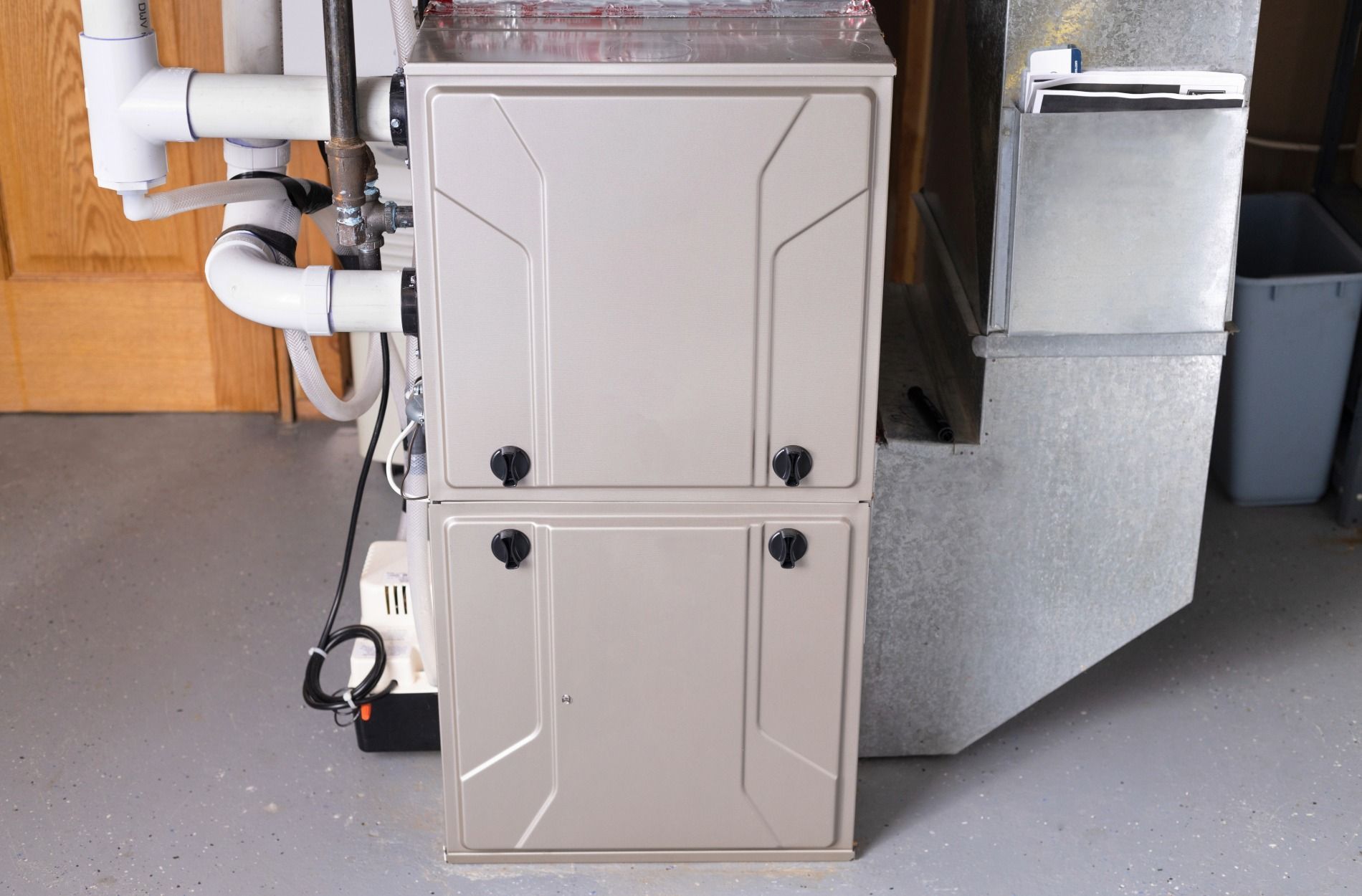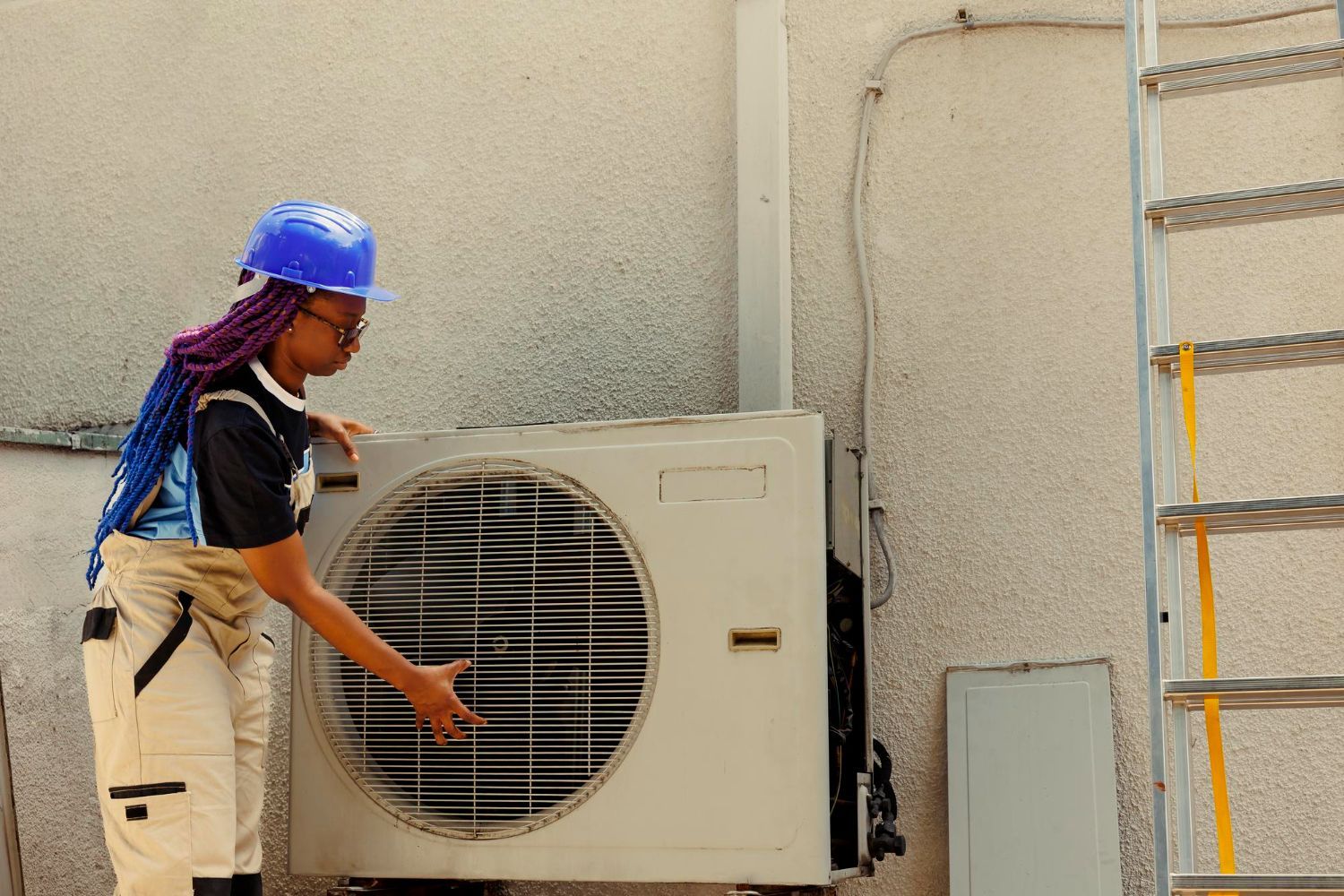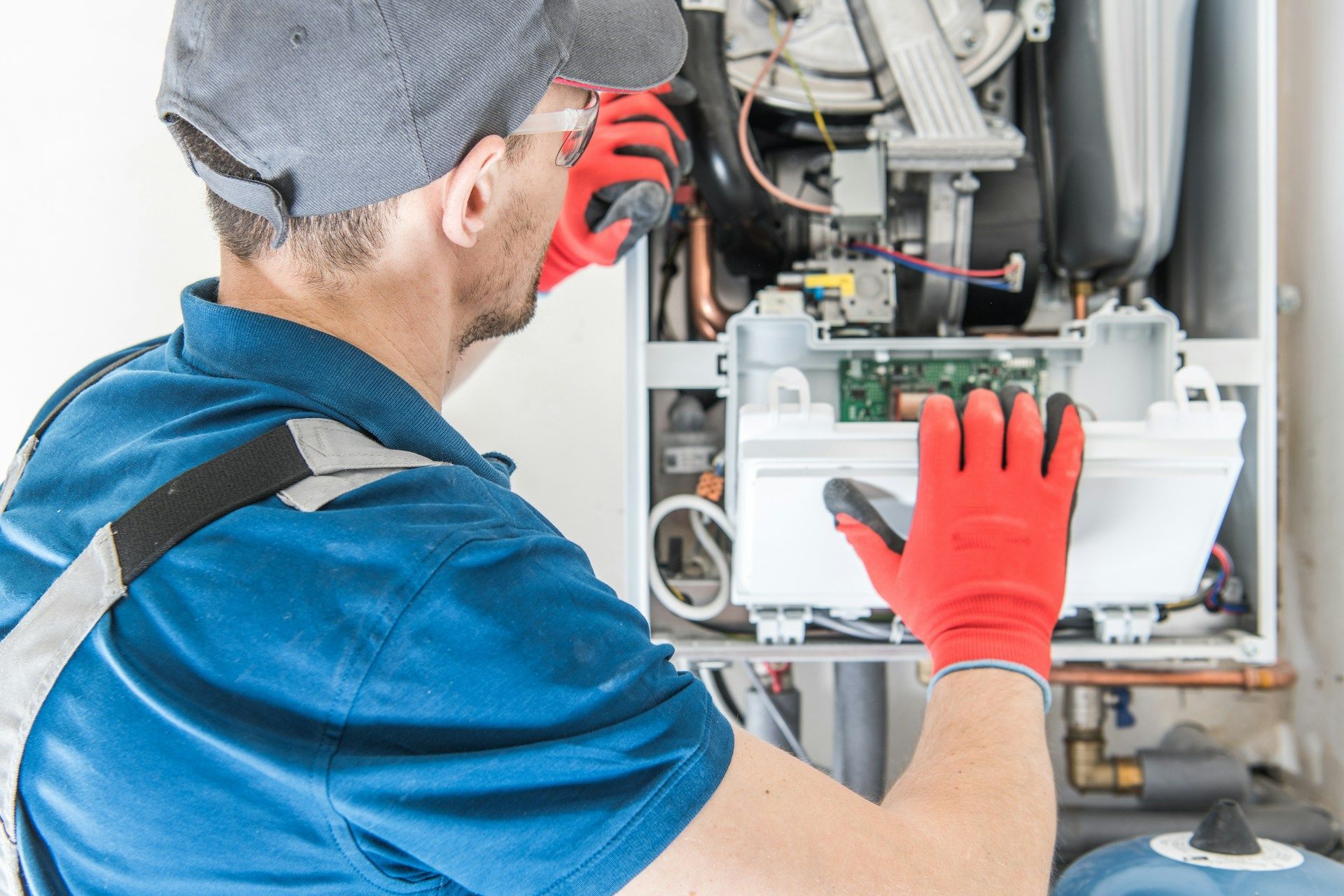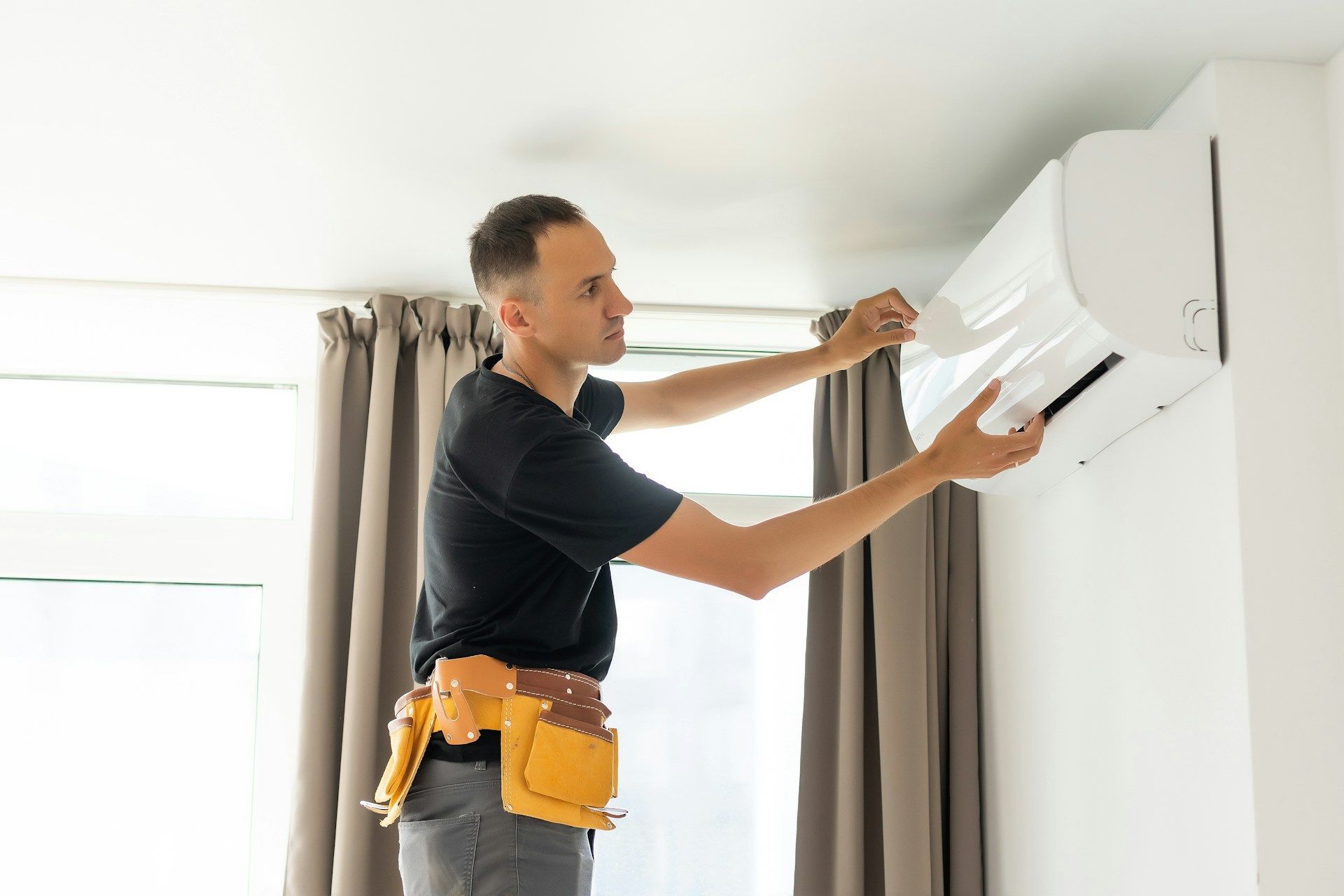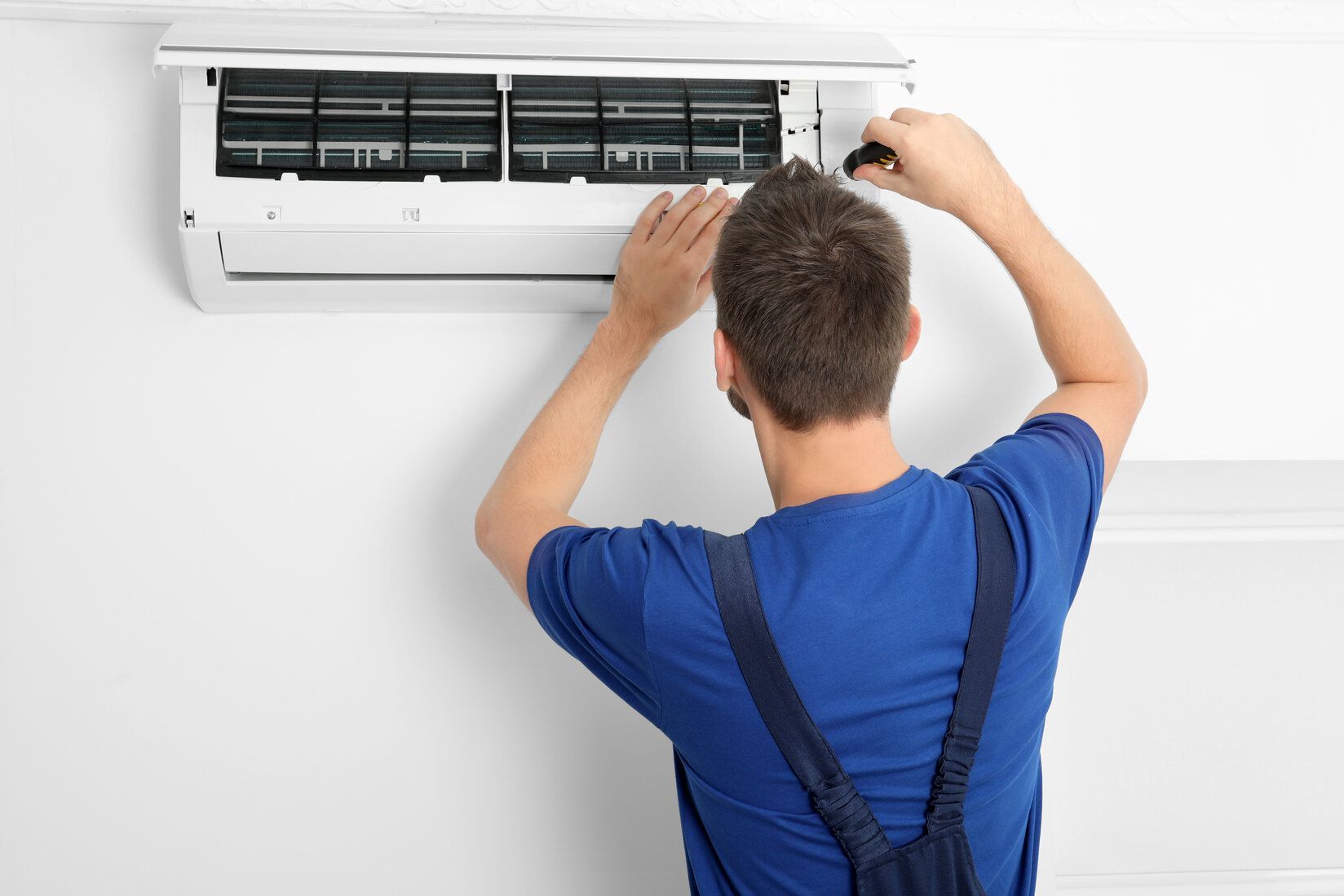3 Signs of an Emergency HVAC Issue (and What to Do)
Most of the time, your HVAC malfunction can wait for normal business hours. However, there are some situations you just can’t put off for a more convenient time.
It’s important to recognize when you have an emergency HVAC problem since neglecting the issue can lead to more serious issues. The following overview looks at common emergencies that require prompt responses.
1. The Furnace Gives Off Unpleasant Odors
Your furnace shouldn't give off any odors at all. If you start the system without a pre-season tune-up, you might smell a burning odor. That's just the dust burning as the idle system heats up. You’ll need emergency HVAC repair when you smell a stronger odor.
While heating maintenance includes checking the fuel line connections and burners, a gas leak can still occur. This requires shutting down the system until a technician arrives to provide emergency repairs. In the meantime, you should open windows and increase ventilation to remove the fumes from your home.
Why Is a Carbon Monoxide Detector Important?
Carbon monoxide is one of the first signs that you have a damaged heat exchanger. Since this dangerous gas is invisible and odorless, you’ll need a carbon monoxide detector to identify the leak. Otherwise, inhaling this gas leads to oxygen deprivation and serious health consequences.
2. The HVAC System Won't Start
Anything from a clogged air filter to an improperly set thermostat can prevent your HVAC system from cycling. If you check the basic causes and the system still won’t turn on, you’ll need emergency HVAC services.
A technician will check for faulty capacitors, refrigerant leaks, and motor failures. This problem usually requires prompt repairs from a professional.
3. Cycles Are Short and Frequent
Schedule a quick HVAC repair for your system if it starts and stops suddenly. These short, frequent cycles might indicate a dirty air filter, but more serious problems are just as common. These HVAC emergencies can lead to extremely high energy bills and advanced wear and tear damage.
There are a few different malfunctions that cause short cycling. For example, a refrigerant leak is one common cause. Alternatively, you might have a wiring short, a malfunctioning thermostat, or dirty evaporator coils. If you recently replaced your system, an oversized unit might lead to short cycling.
What Causes Refrigerant Leaks?
Falling debris, lawn equipment, or pests can all cause damage to the lines that hold your system’s refrigerant. Wear and tear is just as likely to cause these HVAC issues.
You can stave off refrigerant leaks by following HVAC efficiency tips and maintaining the area around your outdoor compressor. However, a leak becomes more likely as the system ages and the lines suffer from natural corrosion.
Get Reliable and Speedy Help for Your Emergency HVAC Problem
When you work with Premier Systems, we’ll provide speedy and lasting repairs for all of your HVAC emergencies.
Even when your need isn’t immediate, you can still rely on our prompt responses and durable repairs. We use high-quality replacement parts and advanced HVAC technology to ensure your equipment performs efficiently for longer. Contact us to schedule service today!

